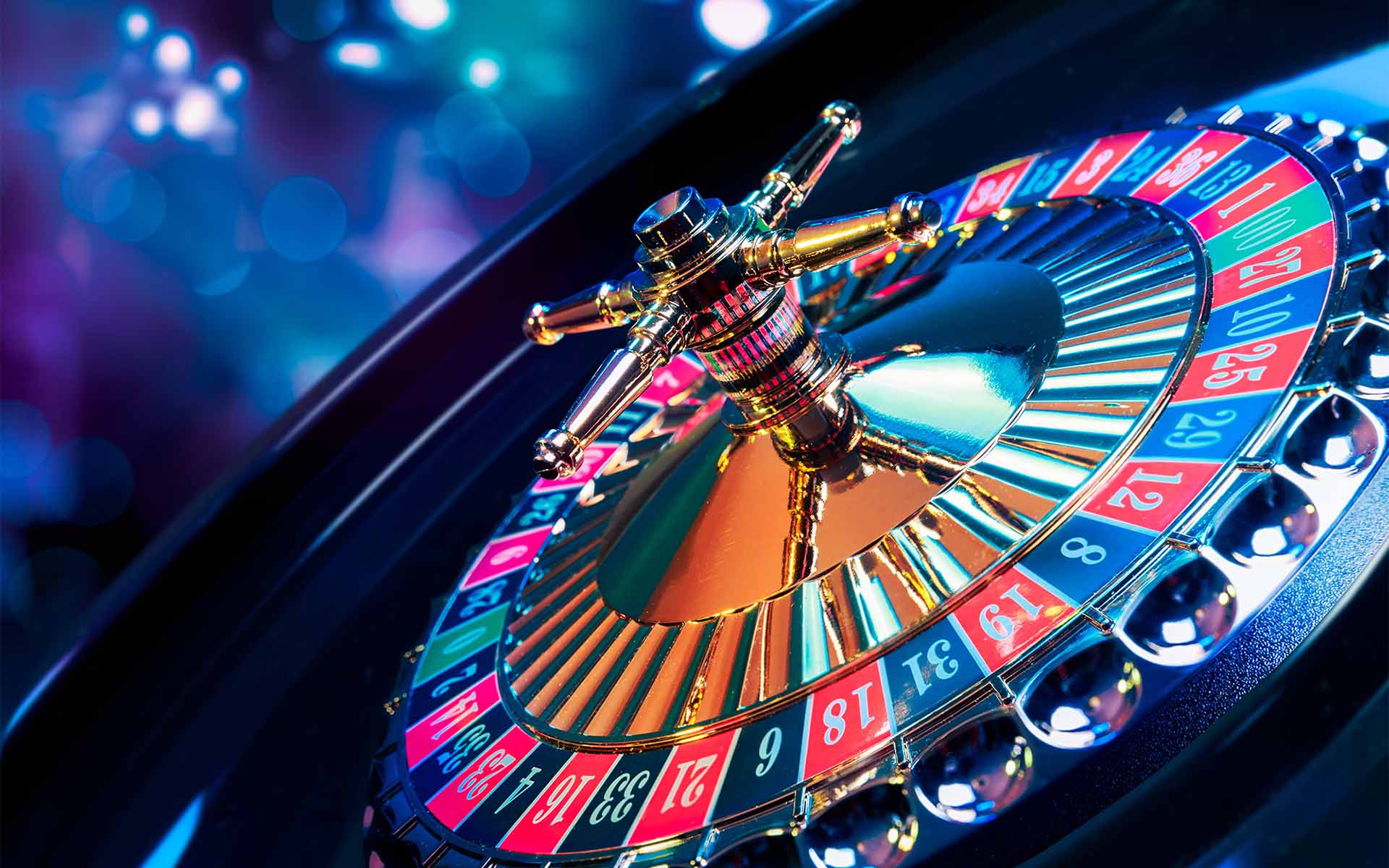
Gambling games have enthralled gamblers for centuries, luring them into a world of adventure, chance, and prosperity. From the flashing lights of video slots to the tactical action of card tables, these games offer a distinct mixture of amusement and hazard. However, beneath the facade of this glamour and finesse lies a intricate connection of mathematics that determines every outcome and choice made within the casino.
Comprehending this link between gaming activities and mathematics merely boosts the playing experience but may also help participants make knowledgeable choices. Whether you are a recreational player or a avid follower, recognizing the math concepts at play can offer insightful understandings into probability, ratios, and approaches, eventually affecting how one tackles these games of chance.
Arithmetic Likelihood in Betting
In the realm of gambling games, statistical probability plays a vital role in assessing results and guiding gambler choices. Every game has a distinct set of regulations and a particular likelihood model that affects its dynamics. For instance, in games like roulette, players must grasp the chances of choosing a particular digit or color. The probability of specific events occurring can be calculated, and this knowledge can substantially influence wagering strategies.
Players also need to be aware of the house advantage, which is the mathematical advantage that gambling establishments hold over players in the long run. This edge differs across different activities. In blackjack, skilled players can use strategies to minimize the house advantage to as little as 1 %, while in games like slot machines, the house advantage can be significantly greater. 78win01.cfd Understanding the house edge allows gamblers to make educated choices about which games to participate in and how much to bet.
Moreover, probability is essential in the principle of risk versus gain in gambling. Each wager carries a specific risk level, and gamblers must consider the potential return against that danger. Activities like poker require players to not only compute the chances of their personal showing winning but also to assess the likelihoods of their rivals’ hands. By utilizing mathematical concepts to their gameplay, players can enhance their chances of success and engage more strategically in the exciting realm of casino games.
Expected Value in Casino Activities
When talking about casino games, one of the fundamental ideas rooted in math is the anticipated value. This statistical metric assists players understand the possible results of their wagers over time. In basic terms, expected value (EV) calculates the average amount a gambler can expect to gain or suffer per bet if they were to play the game repeatedly. Each activity has its own EV, influenced by the odds and the house edge, which indicates the benefit that the gambling establishment holds.
For example, consider a game like roulette. The expected worth can be calculated based on the specific bet made. If a gambler bets on a single number, the return is 35 to 1, but the actual chances of success that bet are 1 in 37 (in Euro roulette). This results in a negative anticipated worth, indicating that, on the whole, gamblers will incur a loss money over time when playing this type of wager. Grasping this concept allows gamblers to make better educated decisions about which activities and bets may be less advantageous.
Moreover, the exploration of anticipated worth can lead to better money management. Gamblers who comprehend the math behind their activities are often able to set realistic goals. By recognizing their possible losses and profits, they can modify their playing strategies accordingly, which may enhance their total gambling experience. As a consequence, expected value serves as a crucial resource for both novice and experienced players to navigate the often unpredictable character of gambling games.
Approaches and Odds: The Math Behind Success
In gambling games, grasping the chances is essential for participants attempting to maximize their likelihood of success. Each activity has its own distinct set of probabilities that establish winning results, and these statistics are often presented in the gaming rules or reward charts. For case, in games like 21, gamblers can enhance their probabilities through strategies such as tracking cards, which depends on mathematical principles to gain an advantage over the establishment. By acquainting themselves with the chances, players can make more informed determinations on when to bet and when to fold.
Furthermore, the concept of expected value has a major role in casino strategies. Trang chủ 78WIN Expected value assesses the typical outcome of a wager over time, allowing participants to evaluate whether a particular stake is valuable taking. For instance, slot machines have a specific return percentage, which can indicate the typical profit a participant can look for on their bets. By opting for activities with greater expected values, gamblers can reduce the house edge, boosting their possible rewards in the long run.
Lastly, successful players often adopt a combination of luck and math strategy to improve their gaming experience. While chance can’t be controlled, managing a staking plan based on mathematical insights can lead to more advantageous situations. By making use of techniques such as money management and picking games, players can leverage mathematics to navigate the volatile nature of gambling activities, making the most of their efforts and investments at the casino.
